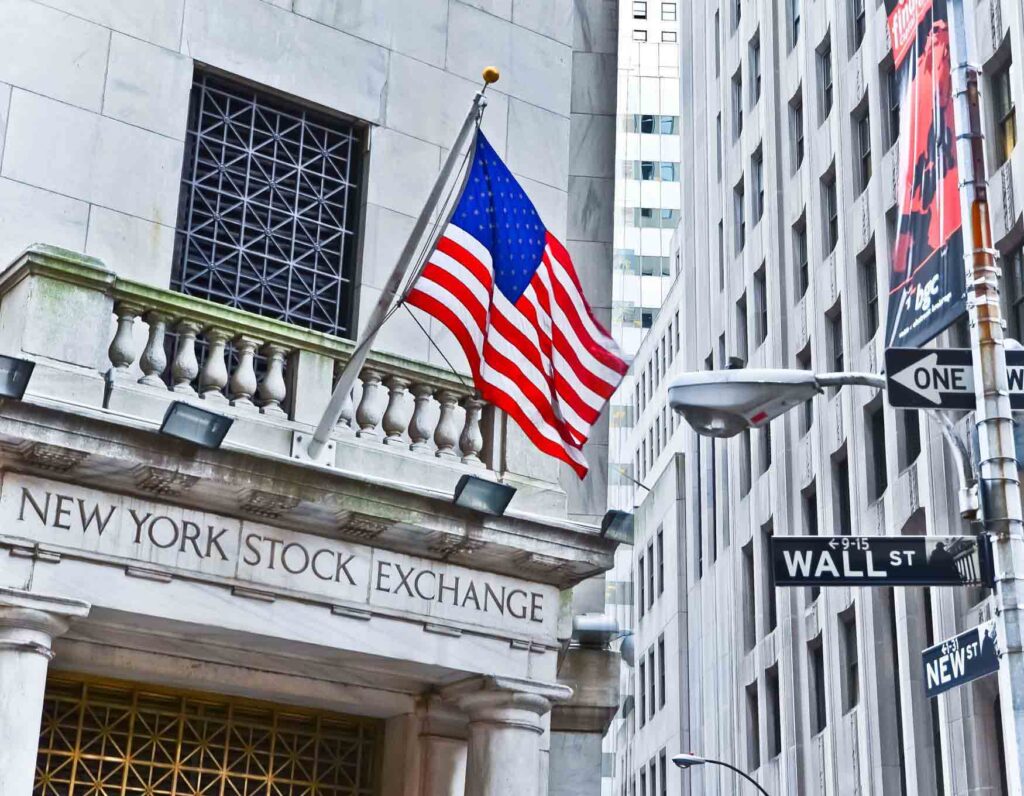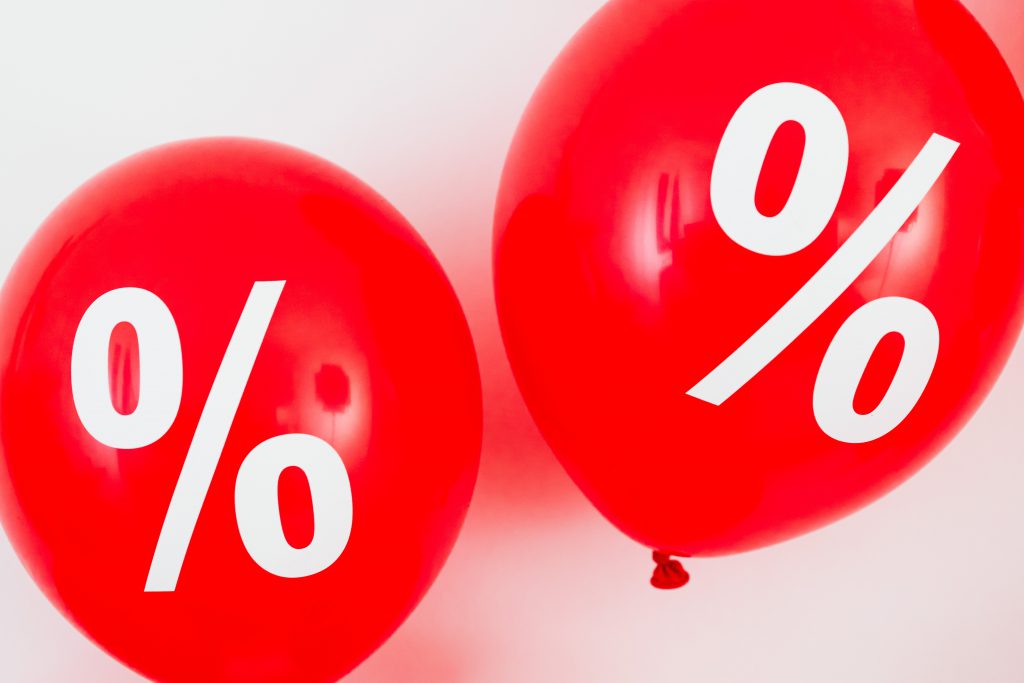Scan this article:
When you about investing on the Australian Stock Exchange (ASX), you might consider buying shares in an individual company, for example Telstra or Qantas.
In reality, company shares are just one of the types of investments available on the ASX.
We’ll take you through the pros and cons of each below.
Individual Companies
Many factors go into consideration when choosing an individual company to invest in. Things you need to consider are things like the amount of time you have to dedicate to research and education around shares, your investing style and your level of experience.
Pros
Fees: When buying individual companies, you don’t have to pay a fund company an annual management fee for investing your assets. Instead, you pay a fee when you buy the shares and one when you sell them.
Control: When you pick out an individual company, you have complete control of what you are invested in, and when you make that investment.
Cons
- It is harder to achieve diversification in comparison with other types of investments.
- It requires time to actively monitor your portfolio. You need to keep on eye on the companies you’ve invested in and monitor the industries and economic trends to make sure you don’t sustain losses.
ETFs
An exchange traded fund (ETF) is a basket of securities that trade on an exchange, just like a stock.
ETFs can contain all types of investments including stocks, commodities, or bonds.
Pros
- ETFs offer low expense ratios and sometimes fewer broker commissions than buying the stocks individually
- They also acts as a diversification tool to protect you from putting all your “eggs in one basket”. (Or in this case, all your money in one company).
So say you’re passionate about climate change and want to invest in clean energy. You can purchase an ETF that combines the biggest movers in the sector.
LICs
A Listed Investment Company (LIC) is similar to a Managed Fund. The main difference is that investors can buy and sell shares on the Australian Securities Exchange (ASX) just like ordinary shares.
LICs are ‘closed-ended’. This means they don’t issue new shares, or cancel existing shares, as investors join or leave. This enables fund managers to focus on investing, without having to worry about cash flow.
As LICs are companies, they may pay franked dividends.
REITs
A real estate investment trust (REIT) is a company that owns, operates, or finances income-producing properties. The most popular property types are apartment buildings, cell towers, data centres, hotels, medical facilities, offices, retail centres, and warehouses.
Pros
- Most REITs are publicly traded, which makes them highly liquid (unlike physical real estate)
- REITs are modelled to allow investors to generate a steady income stream
Cons
- REITs generally don’t offer as much in the way of capital appreciation.

Become a part of
our investors' community
Why you should join us:
- Join free and invest with no monthly account fees.
- Fund your account in real time with PayID.
- Get investing with brokerage from $2. Other fees may apply for U.S. shares.
Read our latest articles
Make knowledge your superpower and up your skills and know-how with our news, educational tools and resources.
































